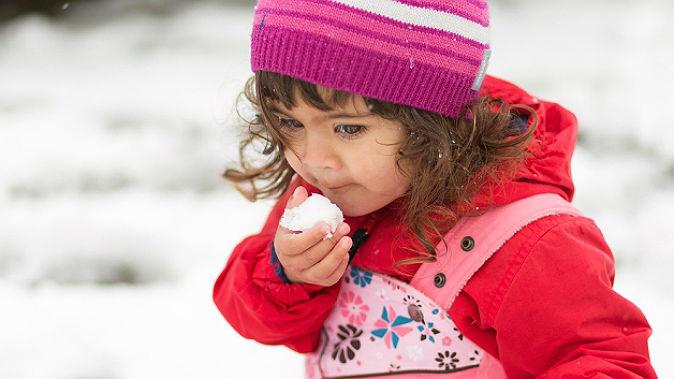Have you ever made ice cream out of snow? If you have, then you know that it has a unique indescribable flavor unlike the ice cream you purchase at the grocery store. Yet, it’s all natural and presumably very healthy.
As long as it’s not scooped directly off the ground, our chances of getting fresh, untainted snow seems quite good. Or not?
In a report by NPR’s The Salt, Jeff S. Gaffney, professor of chemistry at University of Arkansas at Little Rock said snow of course is mostly water. But depending on where it comes from, it can also contain sulphates, nitrates, formaldehyde, or mercury.
In addition, snow collects pollutants as it falls from the sky so by the time it hits the ground, it may also contain black carbon, or soot, released by coal fired plants.





